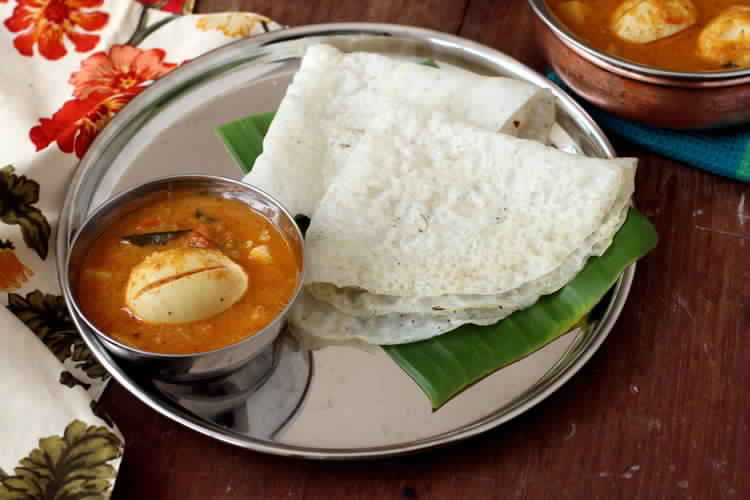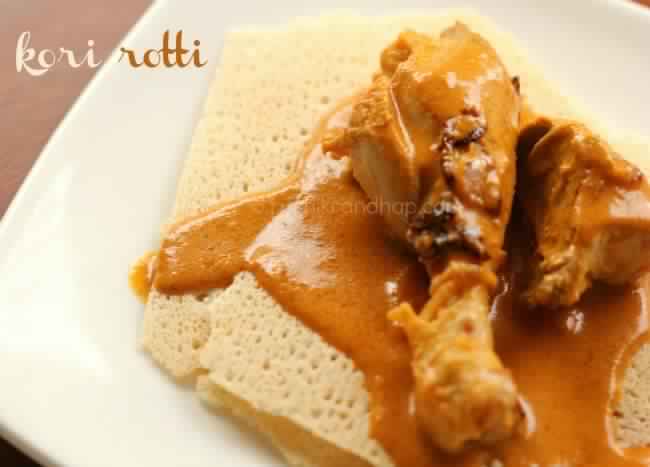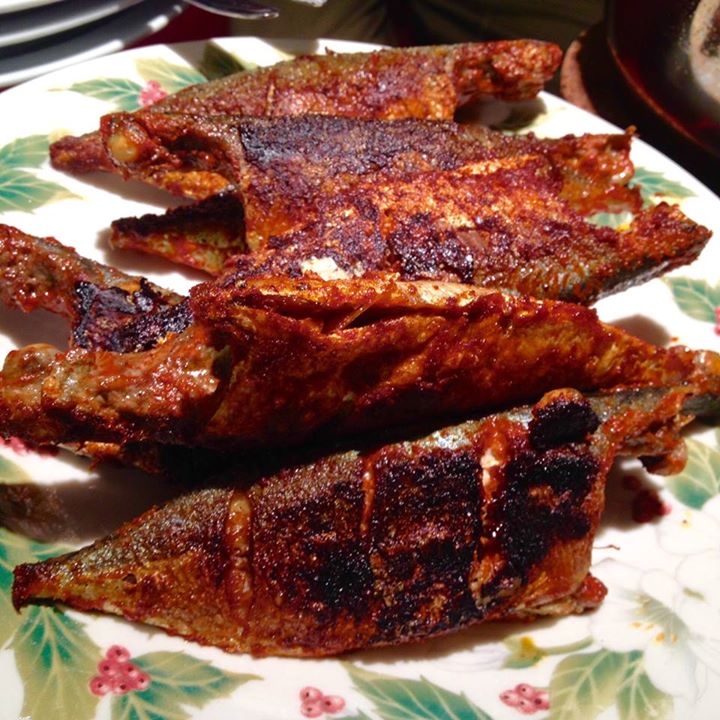CULTURE OF MANGALORE
YAKSHAGANA
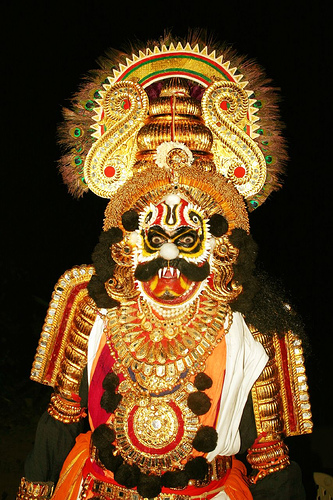
The Yakshagana is a night-long dance and drama performance practiced in Mangalore. The Hulivesha (Tiger dance) is a folk dance unique to this area, which is performed during Dasara and Krishna Janmashtami. Karadi Vesha (Bear Dance) is performed during Dasara in Mangalore. Bhuta Kola or spirit worship, is practised here. Kambala or buffalo race is conducted in water filled paddy fields. Korikatta (Cockfight) is another favourite sport for the people. To its supporters, cockfight, an ancient sport involving a fight between specially reared fowls held at the temples precincts in northern parts of Kasaragod, is not a blood sport but a feature of the rich cultural heritage of Tulunadu and an ancient ritual associated with the �daivasthanams� (temples) here. Nagaradhane or Snake worship is practised in the city according to the popular belief of the Naga Devatha to go underground and guard the species on the top. Pad'danas (Oral Epics) which are ballad-like folk epics narrated in Tulu are sung by the community of impersonators together with the rhythmic beats. Some of the popular Beary songs are kolkai (sung during the play of kolata), unjal pat (sung while putting a child to cradle), moilanji pat and oppune pat (sung at weddings). The Eucharistic Procession is an annual Catholic religious procession led on the first Sunday of the New Year of the Gregorian calendar.
KADRI KAMBALA
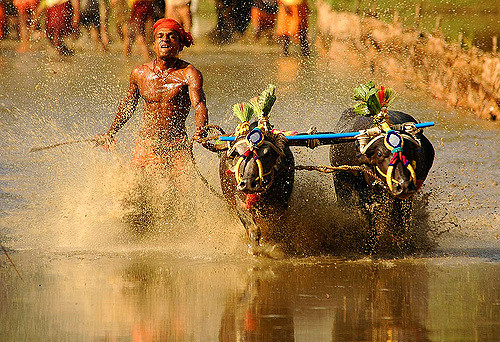

Beautiful Cinque Terre
A kambala is an annual buffalo race held in the southwestern Indian state of Karnataka. Traditionally, it is sponsored by local Tuluva landlords and households in the coastal districts of Dakshina Kannada and Udupi, a region collectively known as Tulu Nadu. The kambla season generally starts in November and lasts until March. The kambalas are organized through kambala samithis (Kambala Associations), of which there are currently 18. Over 45 races are held annually in coastal Karnataka, including smaller remote villages such as Vandaru and Gulvadi.Kadri Kambala used to be held at Kadri, Mangalore and it is called Devara Kambala (God's kambala) as it is associated with Sri Manjunatha Temple in that city.[6] This event was patronised by the Alupa kings of Mangalore, 300 years ago. For this reason, Kadri kambala is also known as Arasu kambala (king's kambala). Legal status
TULUVA CULTURE
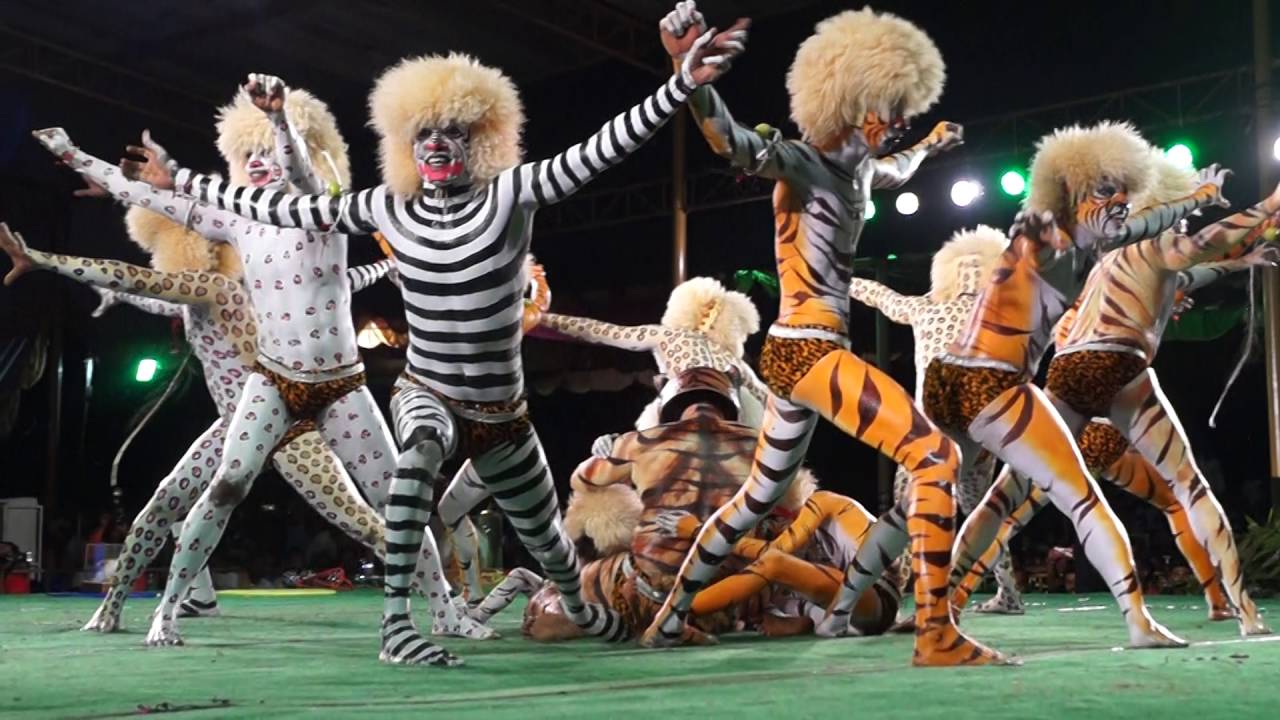
Yakshagana is a night-long dance and drama performance practised by Tuluvas with great fanfare. Piliyesa is a unique form of folk dance in the region fascinating the young and the old alike, which is performed during Marnemi (as Dussara is called in Tulu) and Krishna Janmashtami.[3] Karadi Vesha (Bear Dance) is one more popular dance performed during Dasara in Mangalore.[4] Bhuta Kola or spirit worship, which is usually done at night is practised by Tuluvas. Kambala or buffalo race is conducted in water filled paddy fields. Korikatta (Cockfight) is another favourite sport for the people. An ancient ritual associated with the �daivasthanams� (temples) in rural areas, Hindu kozhi kettu,[5] a religious and spiritual cockfight, is held at the temples and also allowed if organised as part of religious or cultural events. Nagaradhane or Snake worship is practised in the Tulu Nadu by Tuluvas according to the popular belief of the Naga Devatha to go underground and guard the species on the top.
KONKANI CULTURE
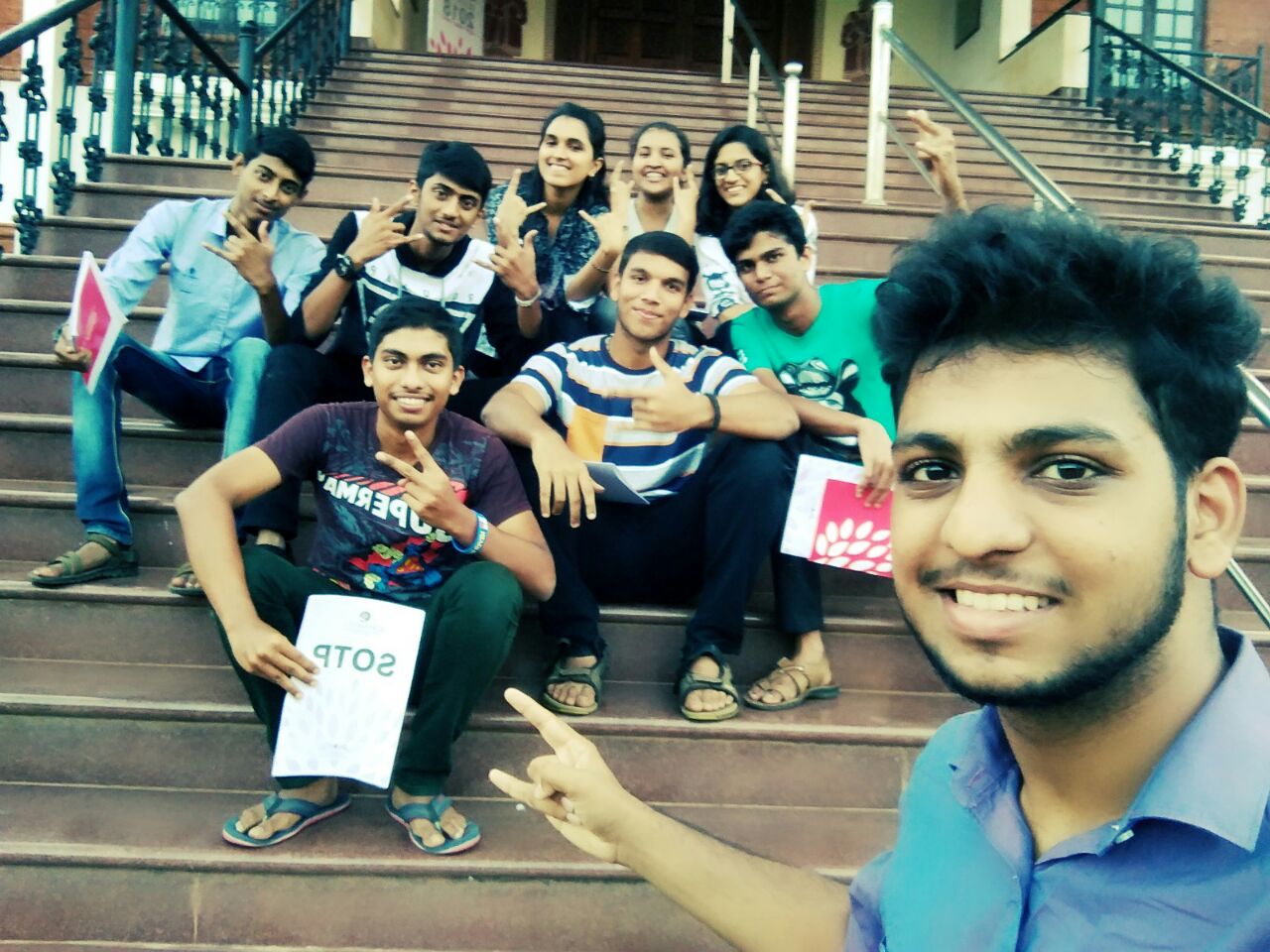
There are about 22 ethnic Konkani communities live in Mangalore[8] including Goud Saraswat Brahmin, Mangalorean Catholics, Daivadnyas, Kudmi, Kharvi, Gudigar, Navayats etc. The communities speak dialects of Konkani Language. Religious Festivals like Car Festivals of various Konkani Temples, Shigmo of Kudmi Community, Santhmarie of Catholics keep alive Konkani Cultural ethos. The World Konkani Centre, built on a 3 Acre plot called Konkani Gaon (Konkani Village) at Shakti Nagar, Mangalore was inaugurated on 17 January 2009[9] "to serve as a nodal agency for the preservation and overall development of Konkani language, art and culture involving all the Konkani people the world over."
